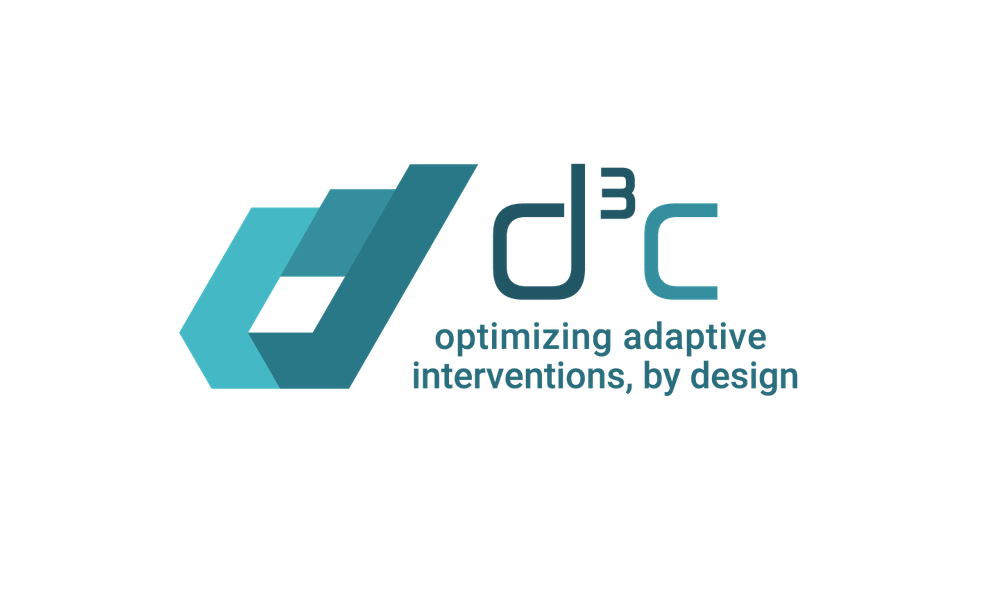The College-to-Work Transition & Alcohol Misuse: An Etiologic Study
The College-to-Work Transition & Alcohol Misuse: An Etiologic Study
Although much attention in recent years has been paid to the problem of binge drinking among college students in the United States, little is known about what happens to those engaging in such behavior after they graduate. Conventional wisdom suggests that career and family interests motivate graduates to “mature”, and that as a result, the frequency of heavy drinking declines dramatically as soon as students graduate. Several recent studies suggest that this “maturing out” process may be increasingly delayed, and that over 1/3 of the 40% of students abusing alcohol in college continue to do so well after graduation. Given that it is precisely between the ages of 21-24 that most college grads enter the workforce, these numbers suggest that many recent grads may bring such patterns with them as they enter the fulltime jobs for the first time, and that the college to work (C2W) transition–a key phase in the transition to adulthood— may be a critical point to intervene. However, little is known about the protective and risk factors that might alternatively underlie trajectories of resiliency or maintained misuse, no less about how these factors may interact to influence who and when those in transition might be most at risk. Such knowledge is critical to the development of efficacious interventions that may strategically boost the likelihood of resilience, and lower the risk of maintained misuse among those most at risk, namely those misusing alcohol in college. Thus, the proposed research will be the first to identify the risk and protective factors underlying trajectories of maintained misuse, facilitating the development of more effective, evidence-based interventions addressing the specific need of at-risk college graduates (ARGs), a high-risk group that has been largely neglected by alcohol scholars. Reporting will be also be collected from non-at-risk graduates (NARGs). An online self-report survey will be distributed to graduating seniors at four major US universities to determine well-being and drinking behavior. Subsequent surveys will be delivered after graduation and during the job search and employment. The cohort will be followed up to four years after graduation.

Principal Investigator
Key Collaborators
Inbal Nahum-Shani (Direct Sponsor: Cornell University; PI: Samuel Bacharach)
Funding Source
National Institutes of Health (NIH)/National Institute on Alcohol Abuse and Alcoholism (NIAAA) – R01 AA022113